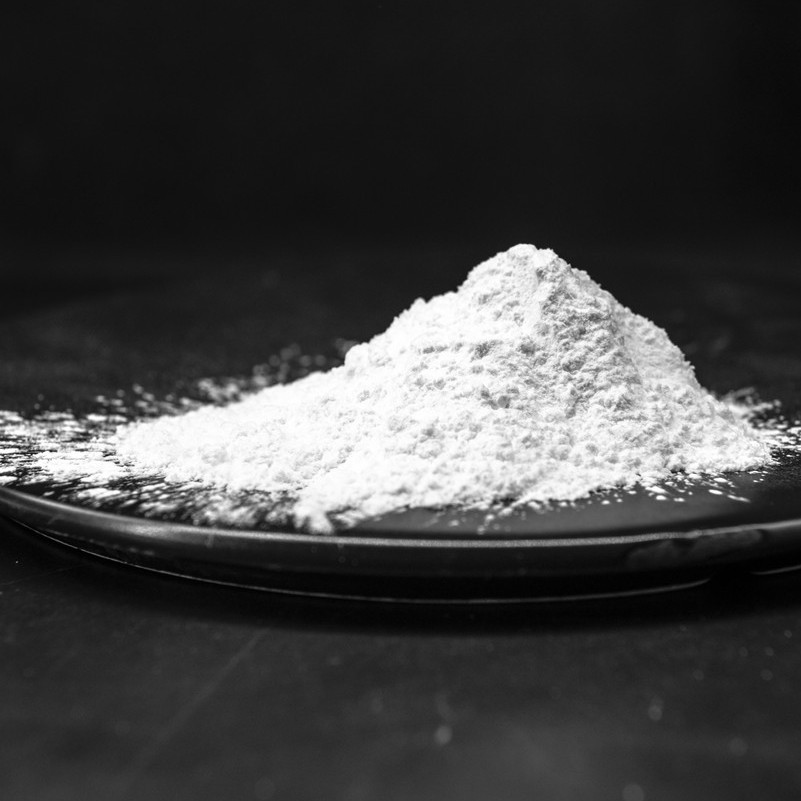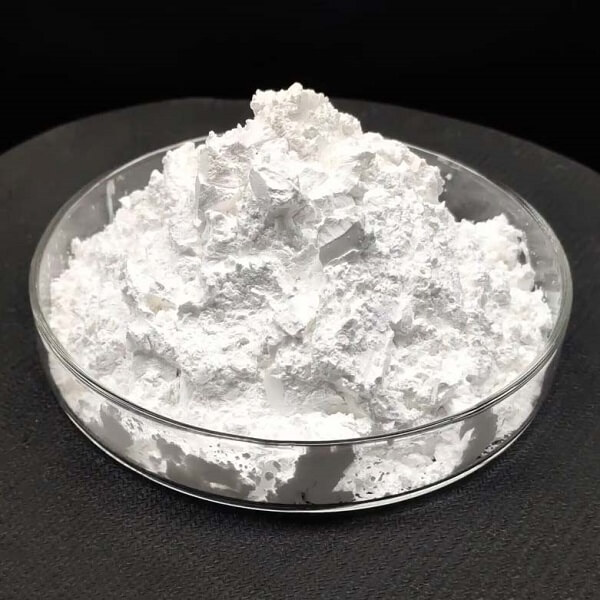White aluminum oxide powder is an excellent choice for car glass polishing due to its fine abrasive properties, high purity, and ability to produce a smooth, scratch-free finish. Here’s how it’s used and what makes it ideal:
Why White Aluminum Oxide for Car Glass Polishing?
-
Controlled Abrasiveness
-
Hard enough (Mohs 9) to remove scratches, swirl marks, and water spots without damaging the glass.
-
Softer than silicon carbide or diamond, reducing the risk of over-cutting.
-
-
High Purity (99.6%+ Al₂O₃)
-
Low iron content prevents staining or discoloration on glass.
-
No impurities that could cause secondary scratches.
-
-
Fine & Uniform Particle Size
-
Available in ultra-fine grits (e.g., F800-F2000+ or micron grades 3µm-15µm) for mirror-like finishes.
-
Works well in cerium oxide-based glass polish compounds as a supporting abrasive.
-
-
Chemical Stability
-
Does not react with water or polishing oils, ensuring consistent performance.
-
How It’s Used for Car Glass Polishing
1. Scratch & Defect Removal
-
Mixed with a glass polishing compound (e.g., Cerium Oxide blend) to enhance cutting efficiency.
-
Applied with a felt or foam polishing pad on a rotary or DA polisher (speed: 1000-2000 RPM).
2. Final Finishing
-
For ultra-fine polishing, sub-micron white aluminum oxide (0.5µm-3µm) is used to eliminate haze.
-
Often combined with lubricants (water, oils) to prevent heat buildup.
3. Windshield Restoration Kits
-
Some professional-grade kits include white aluminum oxide-based pastes for deep scratch repair.
Recommended Grit Sizes for Car Glass
| Application | Grit Size (FEPA/µm) | Use Case |
|---|---|---|
| Heavy Scratch Removal | F600-F800 (~15-25µm) | Deep scratches, wiper marks |
| Medium Polishing | F1000-F1200 (~8-12µm) | Moderate defects, haze removal |
| Fine Finishing | F1500-F2000 (~3-5µm) | Final gloss enhancement |
| Ultra-Smooth Finish | <1µm-3µm | Jewelry-grade clarity |
Comparison with Other Glass Polishing Abrasives
| Abrasive | Pros | Cons |
|---|---|---|
| White Aluminum Oxide | Balanced cut, safe for glass, affordable | Slower than diamond |
| Cerium Oxide | Best for glass, fast cutting | Expensive, can cake if not mixed properly |
| Diamond Powder | Extremely fast cutting | Risk of over-polishing, costly |
| Silicon Carbide | Aggressive cutting | Too harsh for fine glass work |


